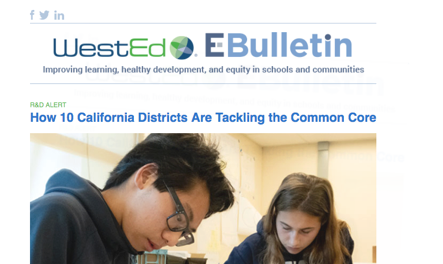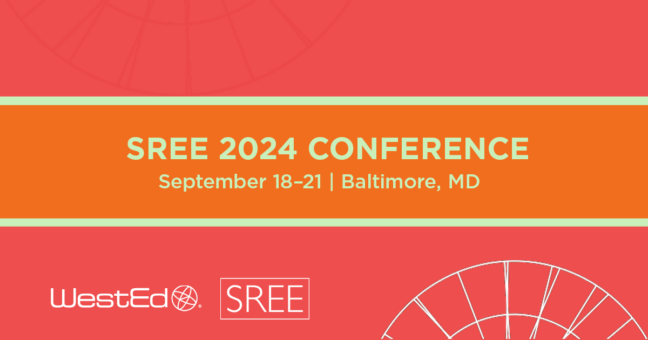Overview
WestEd applies cutting-edge research about how children and adults learn to our work to support educators and improve educational outcomes for all students.
Using an integrated approach to Learning & Technology, we offer research, development, evaluation, and school/district services that deliver well-informed, well-studied products, recommendations, and action plans.
As technology continues to be an essential part of education, our staff works to create a research base to guide effective and equitable teaching and learning. Our team can support you by studying, vetting, and developing educational innovations across content domains, including digital-era disciplines like computer science, computational thinking, and data science.
Elevating learners from all social, cultural, and linguistic backgrounds
Throughout our work, we honor each learner’s prior knowledge and expertise, understanding the learning contexts in which they participate, and addressing systemic barriers to teaching and learning.
Featured Expert
-

Yvonne Kao is the Director of WestEd’s Learning and Technology content area. She is an applied educational researcher specializing in assessment development and quantitative methods to evaluate programs for PreK–16 math and computer science education. Kao has evaluated both traditional education interventions and technology-based interventions. She works with programs at all stages, providing formative feedback on prototype products as well as leading nationwide randomized controlled trials of fully developed interventions.
WestEd Bulletin
Stay up to date with the latest WestEd news, events, research, and leading voices to support your commitment to improving learning, healthy development, and equity in schools and communities.
Our Work in Action
Using Visualizations to Improve K-12 Student Learning
Our research team explored the most effective way maximize STEM learning through strategic display of images within text. Our findings indicate that images best support learners when they are arranged in ways that promote useful comparisons.
Our team will continue to test the effects of visual comparison in STEM domains, the results of which will have broad implications for design, instruction, and theories of human cognition and learning.








